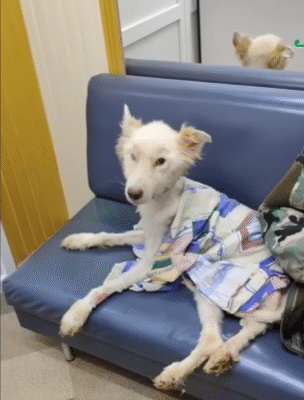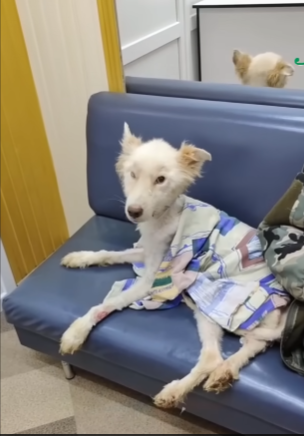
The snow had been falling for hours, silent and relentless, wrapping the small town in a blanket of white. The streets were empty, the lights dim, and the world seemed to hold its breath beneath the weight of winter. On the corner of an alley, hidden between an abandoned bakery and a shuttered bookstore, a small figure sat curled beneath a tattered blanket.
Her name was Lila.
She was only twelve, though the years of hardship had carved lines of quiet wisdom into her delicate face. Her hair was tangled, her cheeks pale and raw from the cold. The city had forgotten her — the people passed by during the day, eyes averted, pretending not to see the small girl sitting against the wall. At night, there were no people at all, just the whisper of wind and the occasional car passing like a ghost.
Lila had been on the streets for months now. After her mother died and her father disappeared, there was no one left to care for her. She tried to survive — begging for coins near the train station, picking half-eaten bread from trash bins, sleeping wherever she could. But the winter had come early this year, colder than anyone expected.
And tonight, she was running out of strength.
Her fingers were numb, her lips blue. The thin blanket she’d found in a dumpster offered little protection. The cold seeped into her bones, cruel and merciless. She had tried to walk earlier, hoping to find a shelter that would take her in, but the doors were full, the beds all taken. So she returned to her little corner — the only place she could still call her own.
As the night deepened, Lila curled tighter, her breath visible in the frigid air. She thought of her mother — the warmth of her hands, the sound of her lullabies. She tried to remember the smell of home, the taste of soup, the feeling of safety. But those memories were fading now, slipping away like smoke.
A tear rolled down her cheek and froze before it could fall.
“Mom,” she whispered into the darkness. “I’m so tired.”
The wind answered with a lonely sigh.
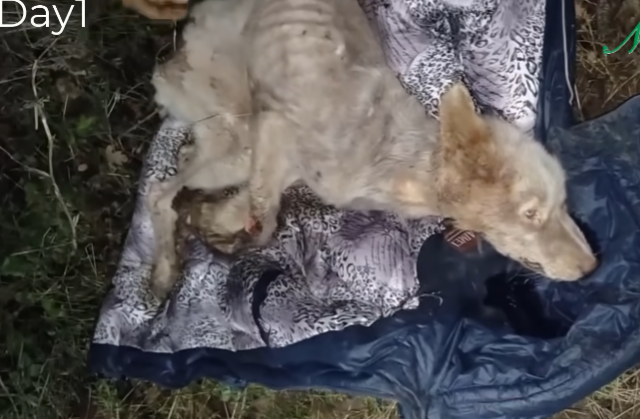
She closed her eyes, her body trembling violently. The snow began to gather on her blanket, on her hair, on her lashes. Her thoughts grew slower, her breathing shallow. She wondered if this was what it felt like — to disappear quietly, to stop hurting, to stop being cold.
She didn’t know that help was already on its way.
Across town, Daniel was locking up his small repair shop. He was a quiet man in his forties, the kind who rarely spoke but always noticed everything. That night, as he stepped into the snow, he pulled his scarf tighter and began his usual walk home. The streets were almost empty — everyone had retreated to the warmth of their homes. But Daniel had always been one to walk, to listen to the sounds of the city breathing beneath the cold.
As he passed the alley, something caught his eye — a flicker of color in the snow, something small and still. He stopped. At first, he thought it was just a pile of trash, but something about it didn’t feel right. He stepped closer, and then his breath caught.
It was a child.
For a moment, he just stood there, frozen. Then he dropped to his knees beside her. “Hey… hey, little one.” His voice was gentle, almost a whisper. There was no response. Her skin was pale, her lips trembling slightly. When he touched her hand, it was like ice.
Panic surged through him. He took off his coat and wrapped it around her, rubbing her arms to create warmth. “No, no, no,” he murmured, voice breaking. “You’re not leaving like this. Not tonight.”
He lifted her carefully into his arms. She was so light — too light. Her head rested against his shoulder, her breathing faint but still there. He held her close as he ran through the snow, his boots crunching against the frozen ground. The world around him blurred; all that mattered was the fragile heartbeat against his chest.
When Lila woke up, the world was warm.
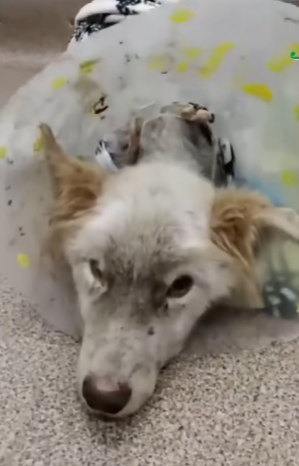
At first, she thought she was dreaming. There was a blanket around her — soft and heavy. A fire crackled nearby, filling the air with a gentle glow. She blinked slowly, her body still weak, and then she saw him — the man sitting beside the fire, holding a mug of tea between his hands.
“Hey there,” he said softly when he noticed her eyes open. “You’re safe now.”
She blinked, confused. “Where… where am I?”
“My place,” he said. “I found you last night. You were freezing. I couldn’t just leave you there.”
Her lips trembled. “You… helped me?”
He nodded. “Of course.”
For a moment, she didn’t speak. Her eyes filled with tears. “Nobody ever helps me.”
Daniel’s chest tightened. He leaned forward, his voice firm but kind. “Well, they should have. And they’re wrong for not seeing you. But you’re not alone anymore, okay?”
Lila looked down, clutching the blanket tighter. She didn’t know what to say. The warmth of the fire, the smell of tea, the sound of someone’s voice — it all felt too good, too strange. For the first time in months, she didn’t feel invisible.
Daniel stood and walked to the kitchen, returning with a bowl of soup. “It’s not fancy,” he said with a small smile, “but it’ll warm you up.”
When she took the first spoonful, her hands shook. The flavor — simple and comforting — filled her mouth, and suddenly tears streamed down her face.
“It’s okay,” Daniel said softly. “You can cry. You’ve been through enough.”
And she did. She cried for her mother, for the nights she had gone hungry, for the cold that had almost claimed her. Daniel said nothing — he just sat there quietly, letting her cry until the tears ran out.
Over the next few days, Lila began to heal. Daniel took her to the clinic, got her checked by a doctor, bought her warm clothes and new shoes. She was shy at first, barely speaking, but slowly she began to trust him. She’d sit in his shop during the day, watching him fix old radios and bicycles, asking questions about how things worked.
Daniel discovered she was clever — quick to learn, curious about everything. He started teaching her small things: how to use a screwdriver, how to sand a piece of wood smooth. Each day, she smiled a little more.
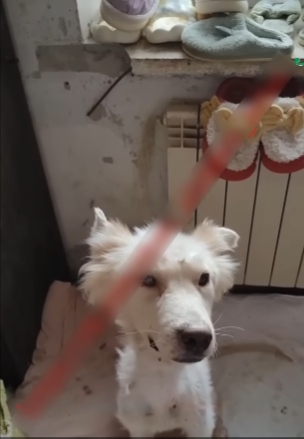
But one evening, as they sat by the fire, Lila asked the question he knew would come.
“Why did you help me?” she said softly.
Daniel looked into the flames, his expression distant. “Because once,” he said slowly, “someone found me in the cold too.”
He told her about his younger years — how he had lost his wife in an accident, how grief had swallowed him until he stopped caring whether he lived or not. One winter night, he’d collapsed in the snow outside a church. A stranger had carried him inside, saved his life, and told him something he’d never forgotten:
“No one deserves to be forgotten.”
Daniel looked at her then, his eyes glistening. “When I saw you out there… I saw myself.”
Lila didn’t say anything. She just reached out and took his hand.
Months passed, and spring finally came. The snow melted, flowers bloomed, and laughter returned to Daniel’s small house. Lila went back to school, her cheeks full of color again, her eyes bright with hope. She still carried the memories of the streets — but they no longer defined her.
Sometimes, when the nights turned cold again, she’d sit by the window and watch the snow fall. She’d think about that night — the night she had almost given up, the night she had closed her eyes in despair — never knowing that kindness was already walking toward her.
And she would whisper a quiet prayer of gratitude.
Because one kind heart, one act of compassion, had changed everything.
And in a world that so easily forgets, that kind of love is the warmest miracle of all.
